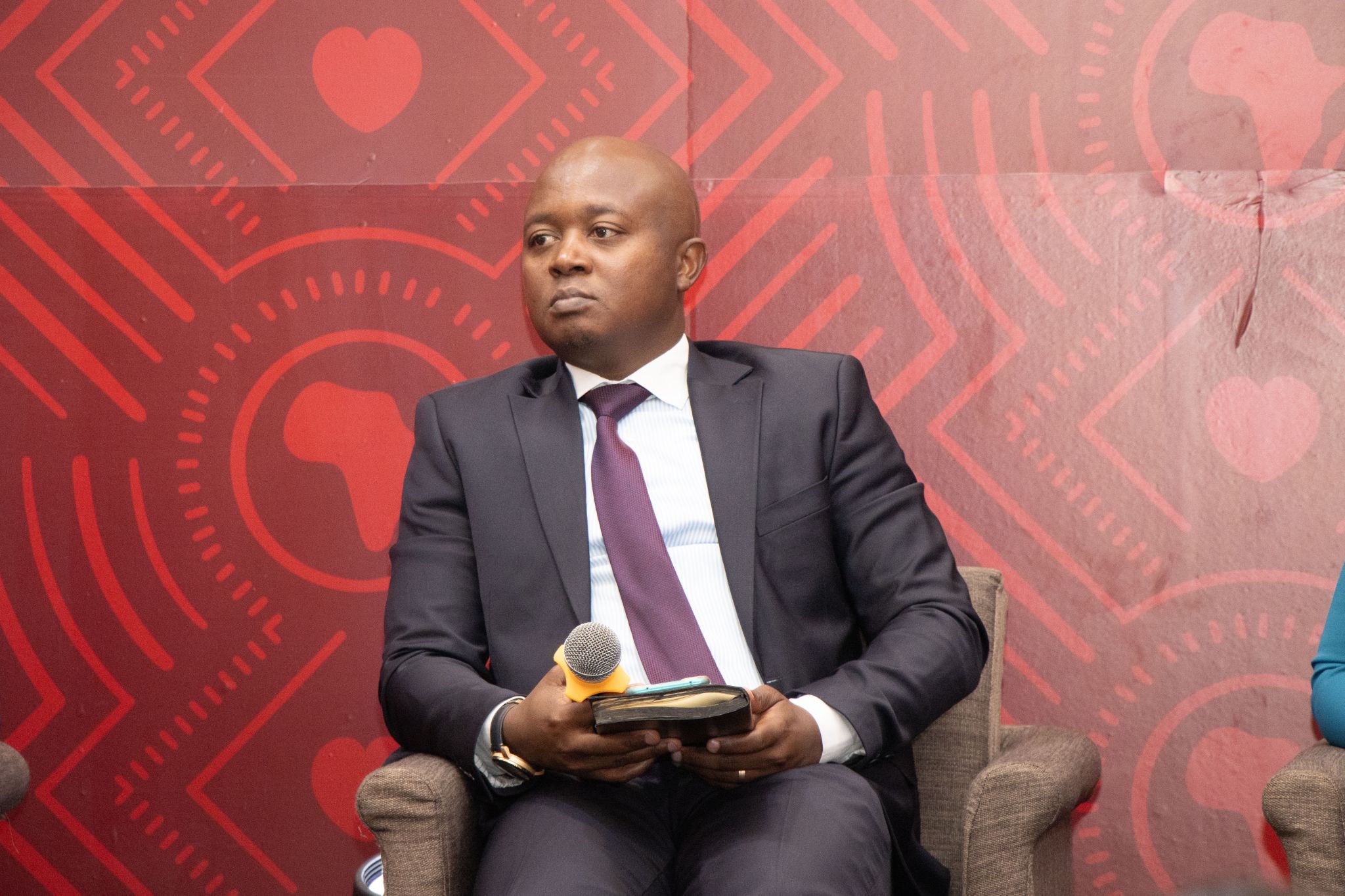Wars deserve to be measured less in geopolitical chips or swings of alliance, but more in tiny moments of personal agony or horror.
A year into Russia’s war on Ukraine and the fate of Ekaterina and Valentin stays with me.
Police rescued them from the shelling around their tiny apartment in Lysychansk, before it fell to Russian forces this summer.
Their home was one tiny room, and a shared kitchen and bathroom, the smell of the latter being all Ekaterina could talk about when we met her.
Valentin seemed to have dementia, both appeared dazed to the cacophony around them. When police slowly packed them into a waiting car, he clutched vividly a small, tidy briefcase of their documents.
Read More
It was an act of loss - conceding he may never return - but also of blind faith that the structures around him would persist and that there would be a place in the future where his papers would be useful once more.
Such miniature moments of inconsolable panic are the true cost of Putin’s invasion, as well as tiny symbols of hope in the future, and the reason Ukraine may win out.
Yet perhaps the biggest surprise of the ‘now’ we are in, is what it has taught or reminded the West about its values and purpose.
Russia’s unprovoked invasion has served as the unwitting antidote to six years of clumsy populism, the seismic economic and psychological shock of the pandemic, and a looming feeling that morality and the virtue of values were becoming obsolete when faced by the challenges of a planet in permanent crisis.
It shouldn’t have taken the deaths of tens of thousands of innocent Ukrainians, nuclear blackmail, and the leveling of so much of a country, to make this point.
But it is perhaps the revulsion towards Putin’s brutal and inept war that has helped Europe and the rest of the West rediscover the spines Trump had apparently weakened.
There are so many other moments that stay with me.
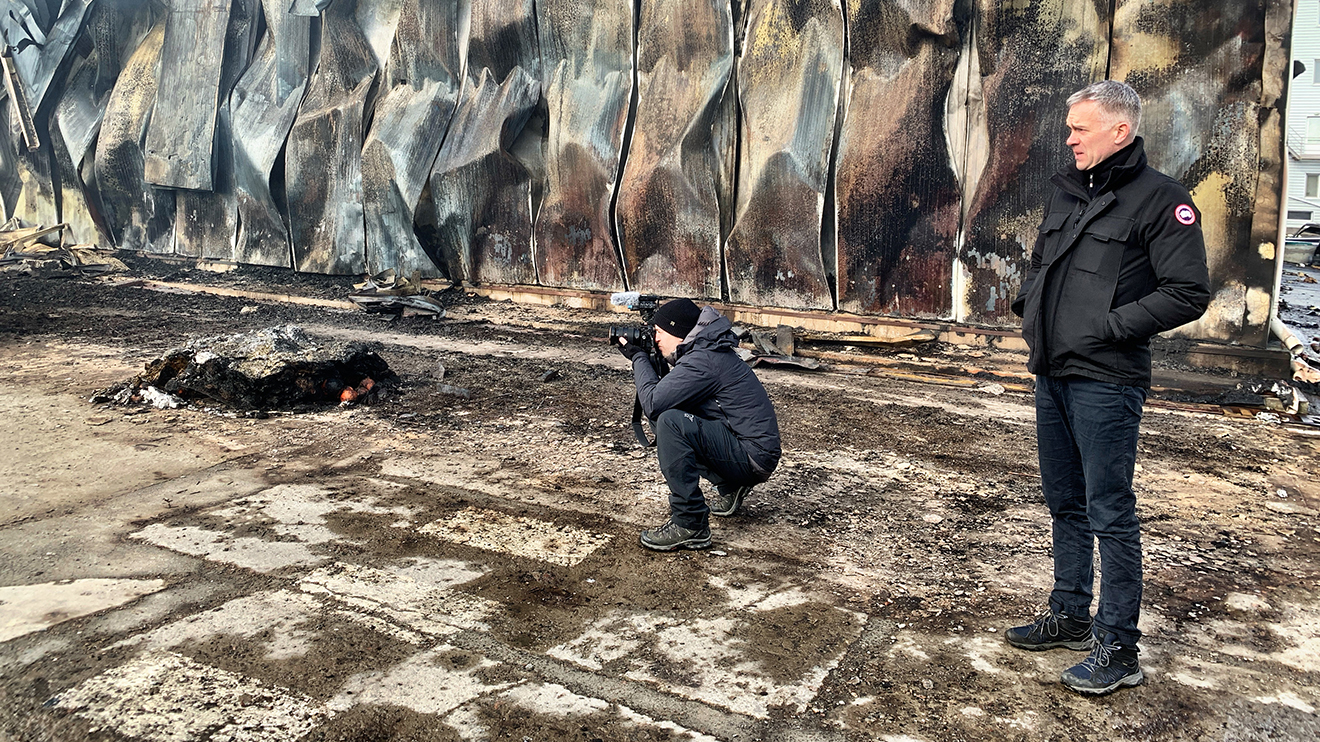
The eyes of three old men thrust into our van in Posad Pokhrovka, in the early days of the war, desperate to flee shelling that had torn their world apart, echo in me: not even the Nazis beat them like that, they said, sobbing.
They never thought they’d live long enough to see worse than the 1940s.
Wars can intensify scrutiny of both sides' conduct to the point of ambivalence, so it’s important to pause at this point and emphasize how grotesque and ugly modern Russia is at war.
Firstly, it won’t even admit it is at war - a key indicator of the fictional sands in which it wishes to fight and place the goalposts of victory.
Secondly, Moscow has burned through its professional army so fast, it is now press ganging students to the front, and resorting to unleashing human waves of Russian prisoners at Ukrainian trenches.
Coffins return empty, the injured are sent back to fight. Thirdly, the lack of sophistication - or even basic self-awareness - is show-stopping.
They don’t even seem to want to address how bad they are: this is not the military of hybrid warfare and Putin’s jujitsu moves.
In the background the threat of nuclear force has been brandished so ineptly - in chest-pounding signals from a weak Kremlin who are losing the most conventional of fights - they appear to have had the almost opposite effect, galvanizing the West into concerted action because, frankly, who wants to live in a world of nuclear blackmail?
Ukraine’s response has been further fuel to Western unity. Ingenuity has bolstered its furious defence.
A territorial defence fighter, known as “Graf” could in Kramatorsk talk for hours about the complexities of syncing drone surveillance to artillery, then switch to the role of western private contractors in the war, and end with a blistering critique on the role alcoholism and corruption would have on the bones of Russia’s nuclear program.
Ukraine is sending its best and brightest to fight, and hence adapting to it faster than imaginable, while Russia is forcing convicts to run at machine guns.
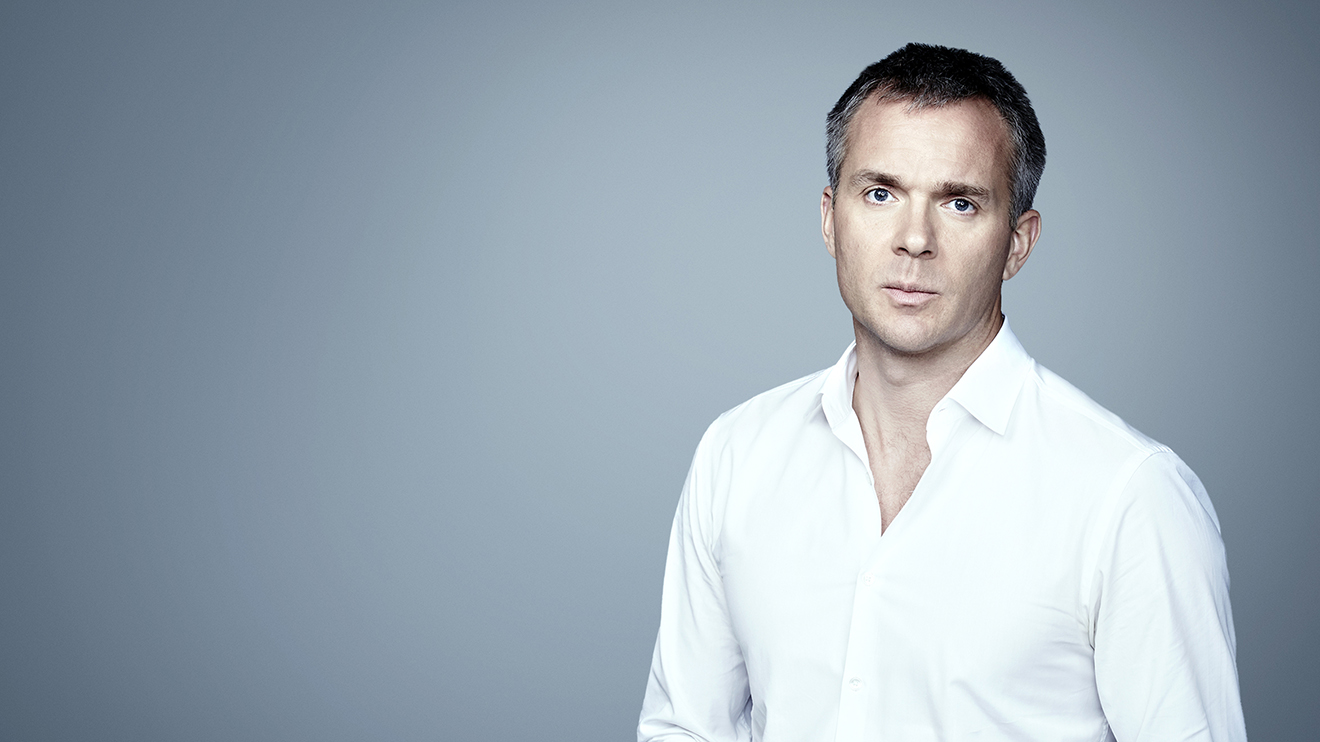
Fear of Moscow has begun to evaporate in the past year.
The Cold War foe that could vaporize our world - whose warheads were the menace behind so many childhood animations and movies in the 80s - has not lost the internal blindness and shoddiness that led to the Soviet Union’s collapse.
It’s as bad as it was, only more desperate - its elite twice humiliated, now and in the 90s.
The Russian dead I witnessed sprawled all over the roadside as Ukraine advanced in Kherson this summer were forlornly scruffy, with a sleeping mat and workout gloves for comfort, and only rusting armour at their backs.
There is something acutely tragic about how fast Russia has fallen.
Deservedly so, yes, but pause also to remember the first Putin years contained within their massacres in Chechnya and slow strangulation of dissent, a kernel of economic reform and progress for ordinary Russians.
He was at that time creating the middle class that would ultimately risk his downfall.
Now all that is gone, and a shrinking population will choke and rasp on the edges of Europe for years to come.
Whether Russia requires a harsh reprimand or not, the impact of its demise will be another problem Europe has to endure up close.
What’s most startling about the choice Moscow has imposed on the West - to seek its strategic defeat in Ukraine rather than its limited appeasement - is that Europe was heading in the other direction a year ago: defence budgets were growing in recognition of Russian malice, but the broad hope was Putin would be a benign, grumpy neighbour arguing over the border fence, rather than a savage marauder bent on restoring an empire so aged in concept not even he was old enough to have seen it in full.
The West is now engaged in an act of full-throated support of Ukraine that, it’s fair to say, most of its officials would have deemed far too provocative a year ago.
Sending tanks, thinking of F16s, training troops; such things are so brazen, it’s hard to argue this isn’t already NATO’s war too, simply fought by proxy.
Is that a bad thing? For Ukraine, whose sacrifice should never have had to happen, the answer is clearly yes.
So much loss remains hidden: I recall being inside as well as shivering outside the administration building of Mykolayiv at the start of the war.
Now all I can think of is how many must have been inside it when a missile tore it in two this summer.
But this is a more limited scenario for Russia’s defeat than NATO war planners could have gamed. The Great Power was never meant to falter so explicitly, nor to so ineptly inspire unity in the foes it had worked so hard to divide.
This pattern of miscalculation and misstep by Moscow is not entirely comforting; it still leaves the use of its nuclear arsenal as something of a wild card.
We know the consequences for its victims as well as for ordinary Russians, but such concerns have not dissuaded Putin before.
The possibility Russia's nastiest toys also fail in their most destructive use - that the nuclear button just smokes and purrs when struck - is perhaps what is holding Putin back, or maybe it is that same streak of self-preservation that has guided his every move.
It is also perhaps the innate selfishness and myopia of Russia's system that reduces this threat, and has enabled such a meaty Western response.
The year ahead will likely see the non-conventional menace of a desperate Russia grow, alongside the slow tiring of Western support, as elections churn and budgets are strained.
But a wider victory has already been achieved in this costly, arduous, painful year: a unity of purpose and substance of support have usurped Moscow’s goal to sow selfishness and division.
That moment of clarity can’t be erased, no matter how long it endures.
Follow CNN’s special coverage of the anniversary of Russia’s invasion of Ukraine on February 24, 2023, on CNN International and at CNN.com/Ukraine
Nick Paton Walsh is the CNN Chief International Security Correspondent

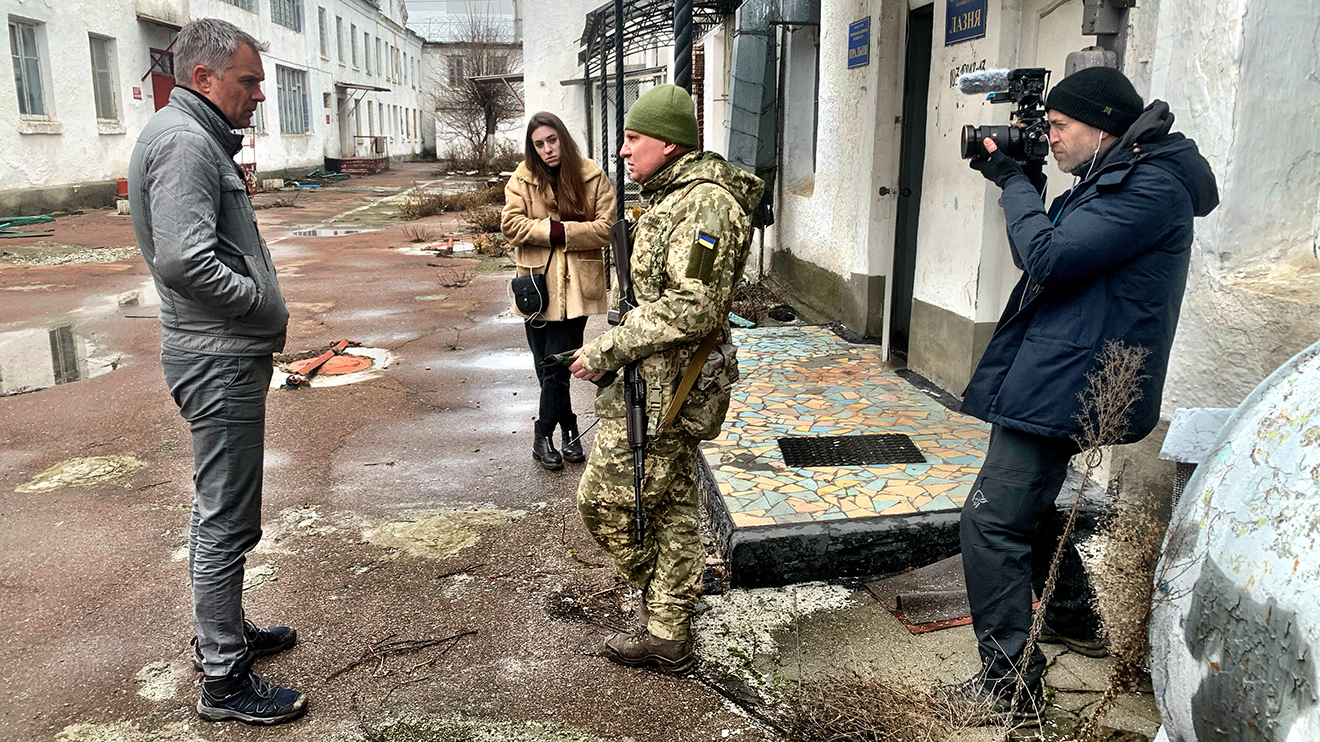
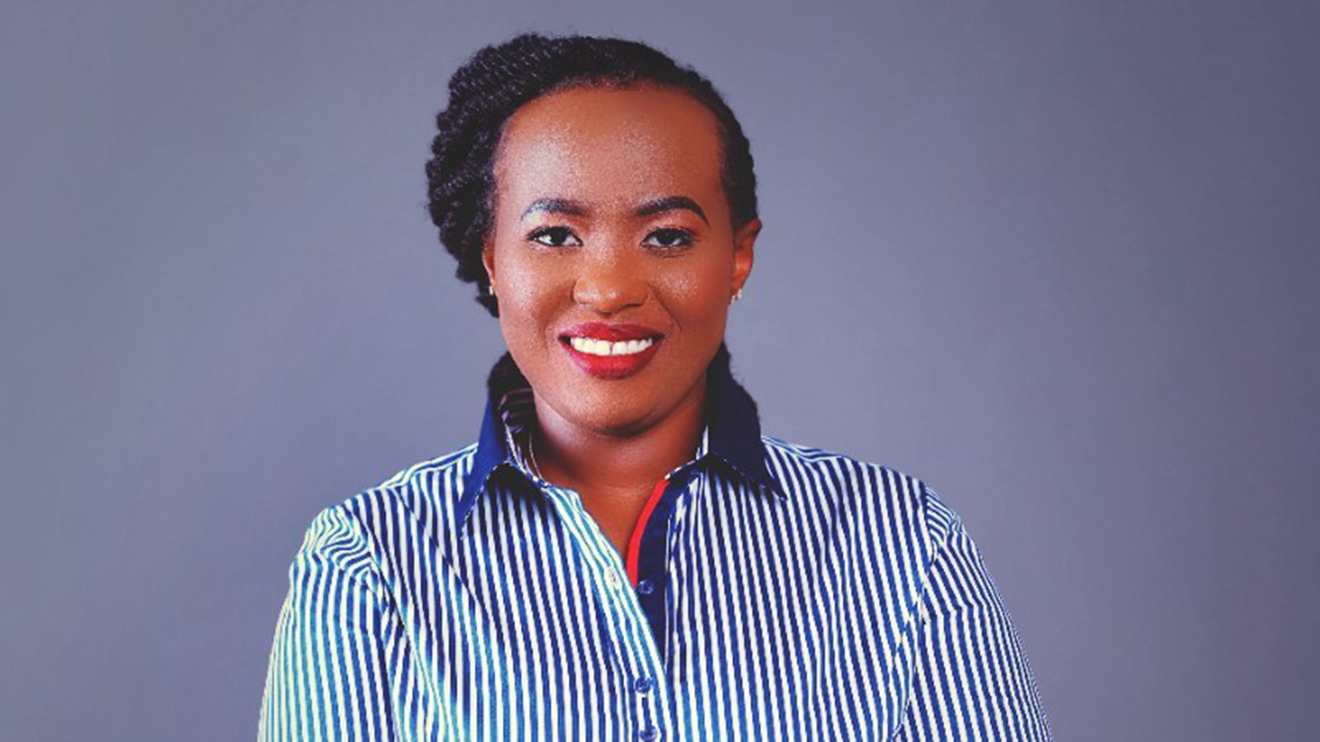
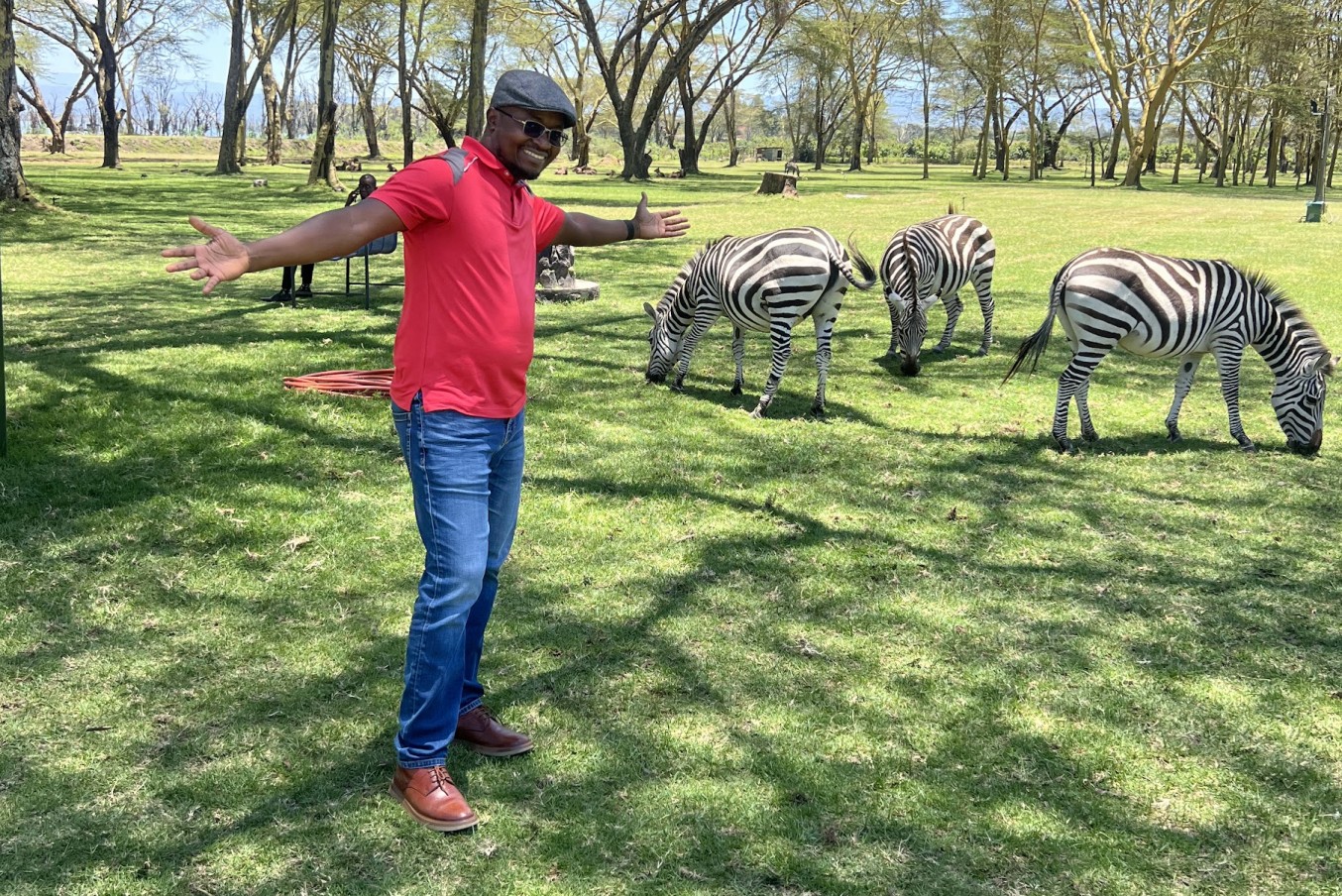

-1753808187.jpeg)
